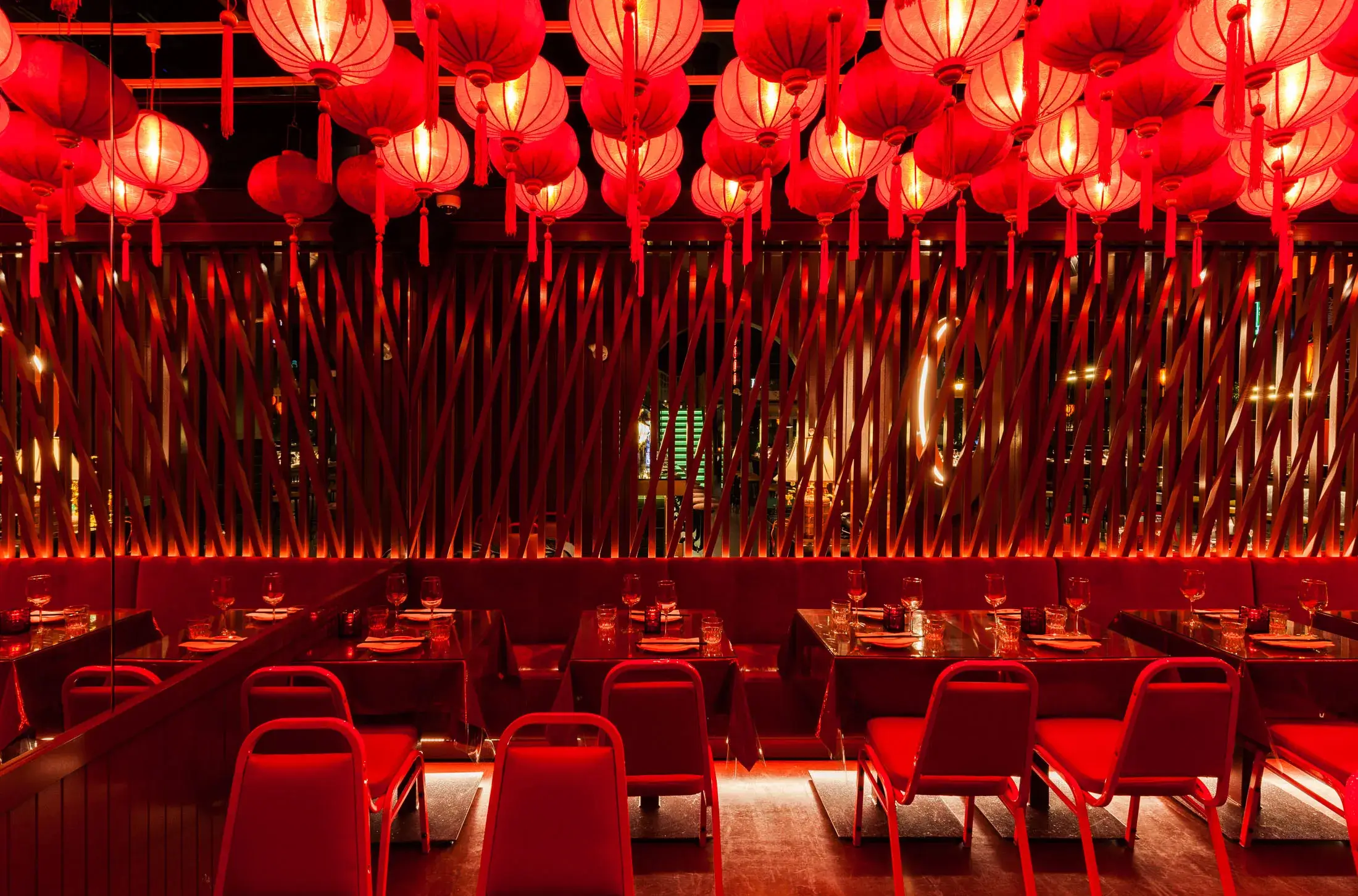
September 11th, 2025
Chinese food in Canada now occupies a full spectrum in the MICHELIN Guide, from high-end, one-star temples to value-forward Bib Gourmand favourites and a long list of inspector-recommended spots.
For operators the lesson is simple: technical clarity, a handful of hero dishes, repeatable execution and smart beverage and throughput design travel farther than trend chasing. Below I map the landscape, call out which restaurants hold which kinds of MICHELIN distinctions, and share the concrete lessons operators can steal from each one.
iDen & QuanJuDe Beijing Duck House (One MICHELIN Star)
Perfect one-item theatre (Peking duck) and a repeatable carve SOP can drive city-wide demand and high average order value.
The Pine (One MICHELIN Star)
A tight, story-driven concept executed with flawless technique turns destination dining into lasting reputation.
Seaport City Seafood (Bib Gourmand)
Banquet reliability and smart live-seafood sourcing create steady bookings and repeat business.
Little Bird Dim Sum + Craft Beer (Bib Gourmand)
Classic dim sum paired with clever beverage programming builds community and off-peak demand.
Bao Bei (MICHELIN-Selected)
Modern brasserie vibes plus complementary cocktails let small plates punch above their price.
New Mandarin Seafood Restaurant (MICHELIN-Selected)
Large-format seafood houses win on celebration menus and pre-order logistics.
Dynasty Seafood (MICHELIN-Selected)
Traditional banquet styling plus polished reservation flows make big services feel effortless.
Chef’s Choice Chinese Cuisine (MICHELIN-Selected)
Spectacular execution of technically tricky, lesser-seen dishes earns editorial buzz and repeat visits.
Chang’An (MICHELIN-Selected)
Regional refinement and elevated plating let you command higher checks without losing authenticity.
Sunnys Chinese (Bib Gourmand)
Bold regional flavours at fair prices build identity, volume, and local media attention.
R&D (Bib Gourmand)
Focused fusion concepts that keep tight execution and clear value perceptions attract both curious diners and repeats.
Mother’s Dumplings (MICHELIN-Selected)
Mastering a single beloved format (dumplings) creates word-of-mouth traction and reliable footfall.
Mimi Chinese (MICHELIN-Selected)
Pairing casual and elevated sibling concepts broadens your audience and creates cross-promo opportunities.
Oncle Lee (MICHELIN-Selected)
Localizing authentic recipes with thoughtful ingredient swaps broadens appeal while preserving provenance.
Starred places such as The Pine and iDen & QuanJuDe pair a clear concept with show-stopping signature dishes and absolute consistency and the star isn’t for gimmicks, it’s for repeatable, high-quality cooking and a memorable dining experience.
Do this: Identify a single “moment” (a plated spectacle, roast carve, or signature broth) and build an SOP for timing, plating and presentation so it reads the same every service.
Bib winners (e.g., Seaport City Seafood, Little Bird, Sunnys, R&D) show that excellent food at a fair price builds volume and loyalty and you don’t need premium prices to win acclaim.
Do this: Build a “value spine” of 3–5 hero dishes that define your menu and protect margins through portion specs and costed recipes.
From lacquered roast meats to steaming bowls and stacked dim sum, visual theatre fuels social shares and editorial interest (seen across selections like Bao Bei, Dynasty, New Mandarin).
Do this: Choose 2 photo-ready plates, standardize plating diagrams, test them in phone lighting and train servers on presentation.
Whether it’s banquets (Seaport City, New Mandarin, Dynasty) or quick dumpling counters (Mother’s Dumplings, Little Bird), matching service flow to the food keeps quality stable under volume.
Do this: Time your top 10 dishes, set red-line ticket times, and create back-of-house batching rules for high-demand components.
Inspectors reward full experiences and curated tea lists, simple pre-batched cocktails, and specialty coffees lift AOV without slowing the line (observed at Bao Bei and several Guide entries).
Do this: Add 3–5 low-prep, high-margin beverages (tea variations, bottled cocktails) and price for ~70–80% GP.
MICHELIN recognition in Canada’s Chinese scene spans stars, Bibs and recommended entries but the repeatable formula for operators is consistent: pick a clear identity, build a small set of hero dishes, make those dishes phone-and-inspector-proof with SOPs, and use beverage and flow engineering to lift check and keep quality under pressure.
Whether you want bib-level volume or star-level theatre, the lever you can pull today is the same: tighten the menu, standardize execution, and give guests one or two unforgettable moments per visit.
The Pine and iDen & QuanJuDe Beijing Duck House are listed as One-Star restaurants in the MICHELIN Guide.
Notable Bib Gourmand Chinese entries include Seaport City Seafood, Little Bird Dim Sum + Craft Beer, Sunnys Chinese, and R&D.
Start with a single experiment: pick one photo-ready hero dish, lock its plating and timing, promote a small pairing (drink or side), and measure check lift + socials for two weeks.